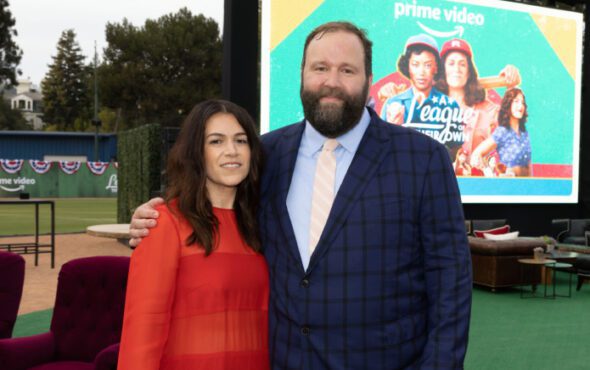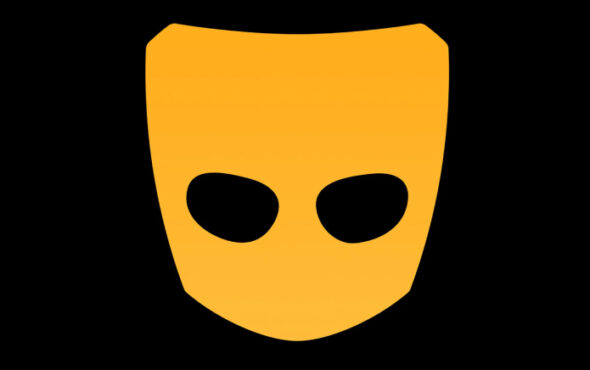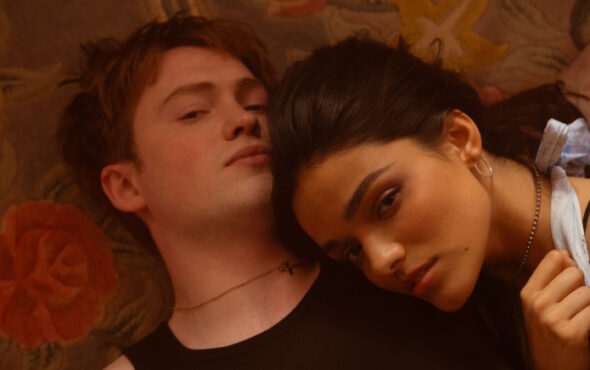
Abbi Jacobson says it was “so important” to represent “different types” of queerness in A League of Their Own.
Created by the Broad City alum alongside Will Graham, the Prime Video series is a reimagining of the 1992 sports drama of the same name, which tells a fictionalised account of the real life All-American Girls Professional Baseball League.
Starring Geena Davis, Madonna, Rosie O’Donnell, Lori Petty, Tom Hanks, Jon Lovitz, David Strathairn, Garry Marshall and Bill Pullman, the film has been reclaimed as a queer cult classic due to its sapphic themes and subversion of traditional gender roles.
Despite this, it didn’t authentically honour the behind-the-scenes queerness of the league, with original player Maybelle Blair – who came out earlier this year at age 95 – recently revealing that at least “400” of the 650 players identified as part of the LGBTQ+ community.
“A League of Their Own is such a gay film and not gay at all, simultaneously,” Jacobson tells us in the brand new issue of GAY TIMES. “Will and I are both queer, and it was part of our initial conversation of what types of stories we felt were not told in the film.
“The more research we did, the more we found out that the league in particular was really queer. Also, queer people didn’t just show up in Stonewall, we’ve been around forever!
“So, what was queer life inside the All-American Girls League and outside, in general, in 1943? What was that like?”

Jacobson leads the reimagining as Carson Shaw, an endearingly awkward and talented baseball player who abandons her home and comfortable marriage to pursue a career with the league, called the Peaches.
Carson, who is in the closet, ultimately finds her “community” with the Peaches and embarks on a forbidden romance with D’Arcy Carden’s hard-as-nails character Greta.
As the series progresses, viewers are introduced to several more queer characters such as: Lupe (Roberta Colindrez), the team’s pitcher; Max (Chanté Adams), who’s denied a spot on the Peaches due to the era’s racial prejudice and discrimination; Max’s poised trans uncle Bert (Lea Robinson); and Vi (O’Donnell), the owner of a secret queer bar.
“There’s not just one queer character in the show. There’s a lot, and there’s different types of queerness. That was so important to us,” Jacobson explains.
“I felt like we were telling stories of the women that have not been told, and it felt like a great honour and responsibility to do it and have it nuanced, meaty and juicy. It was exciting to get to tell all those stories.”
Graham says the original film’s queer subtext was a crucial reason as to why he and Jacobson were drawn to the story. And, with the hidden queer history of the league, he admits it wasn’t necessary to “add those elements” for entertainment purposes.

“The real story here is incredibly queer,” he says, “and it’s centered on women of colour in addition to white women, and it’s inherently inclusive. So, all we did was turn back to the real stories and look back at them through a wider lens.
“Everything in the show is based on something real. Probably for you and for me and for queer kids, we got the feeling that there was something in the tone of this movie that was for us, but you still had to imagine yourself in it. Now, we can see ourselves and that’s a really big deal.”
While it was important for Graham and Jacobson to depict homophobia of the era, it was also crucial for them to showcase how queer people found solace in a time that denied their existence and labelled it as a “mental disorder” that can be transmitted through touch.
“Most of the stories that we get of queer people in history are, at least the endings, pretty dark and of course there’s good reasons for that,” says Graham.
“We got this from talking to Maybelle Blair, and we asked her what it was like to find all these people who were like her and she said, ‘It was a party.’
“There was something about this group of queer women who had a party in the 1940s when they were hiding from the world, when consequences of being discovered would’ve been severe, which of course the show also deals with.

“That’s a big part of why we wanted to bring this to people, the idea that queer people have always made joy wherever we are and whenever we are.”
For Jacobson, A League of Their Own is “all about finding your team and your people”.
“In the show, that means on the field in some ways and also means in your life,” she states. “Your team can be your best friend, like Max. Your team can be the Peaches that you finally find. But, your team is also the queer community. I feel like, in my own life, when I found my comedy community, I felt like I was finding myself and I very much equate that to the baseball part.”
A League of Their Own is now available to stream on Prime Video.
The comedy drama also stars Kelly McCormack, Gbemisola Ikumelo, Priscilla Delgado, Nick Offerman, Melanie Field, Molly Ephraim, Kate Berlant and Patrick J. Adams.
You can read our full interview with Abbi Jacobson and Will Graham via the GAY TIMES app, Apple News+, Readly and Flipster.



